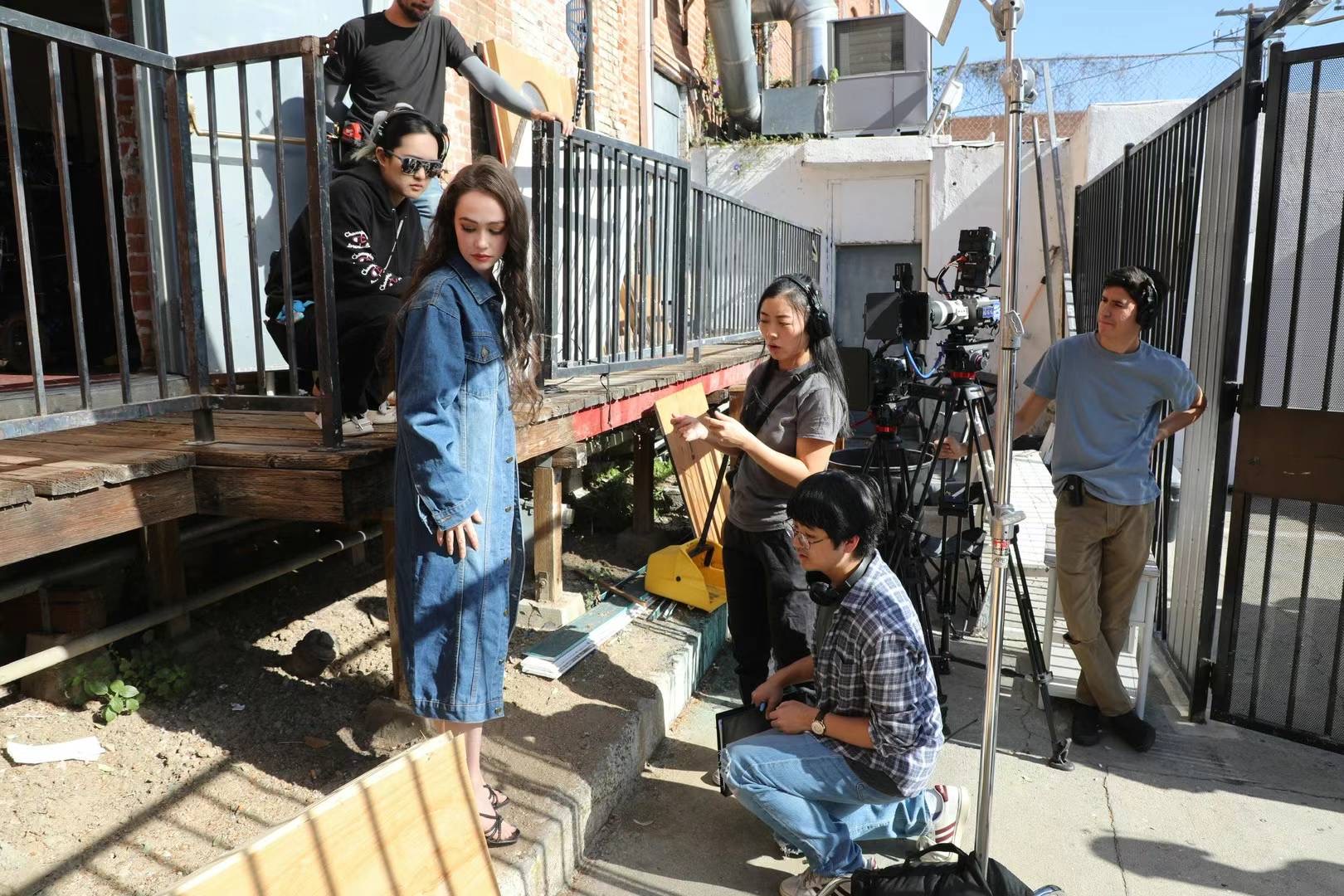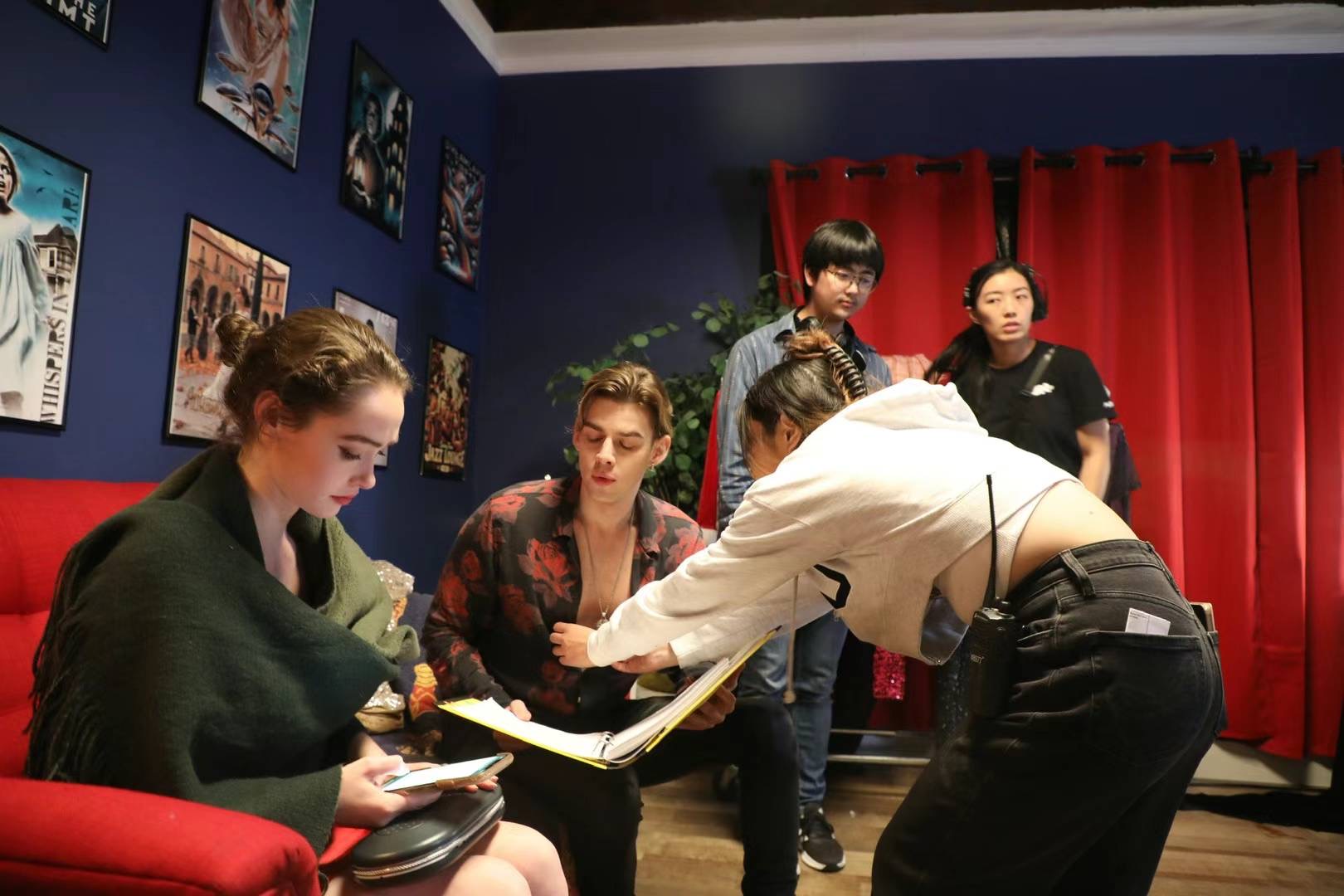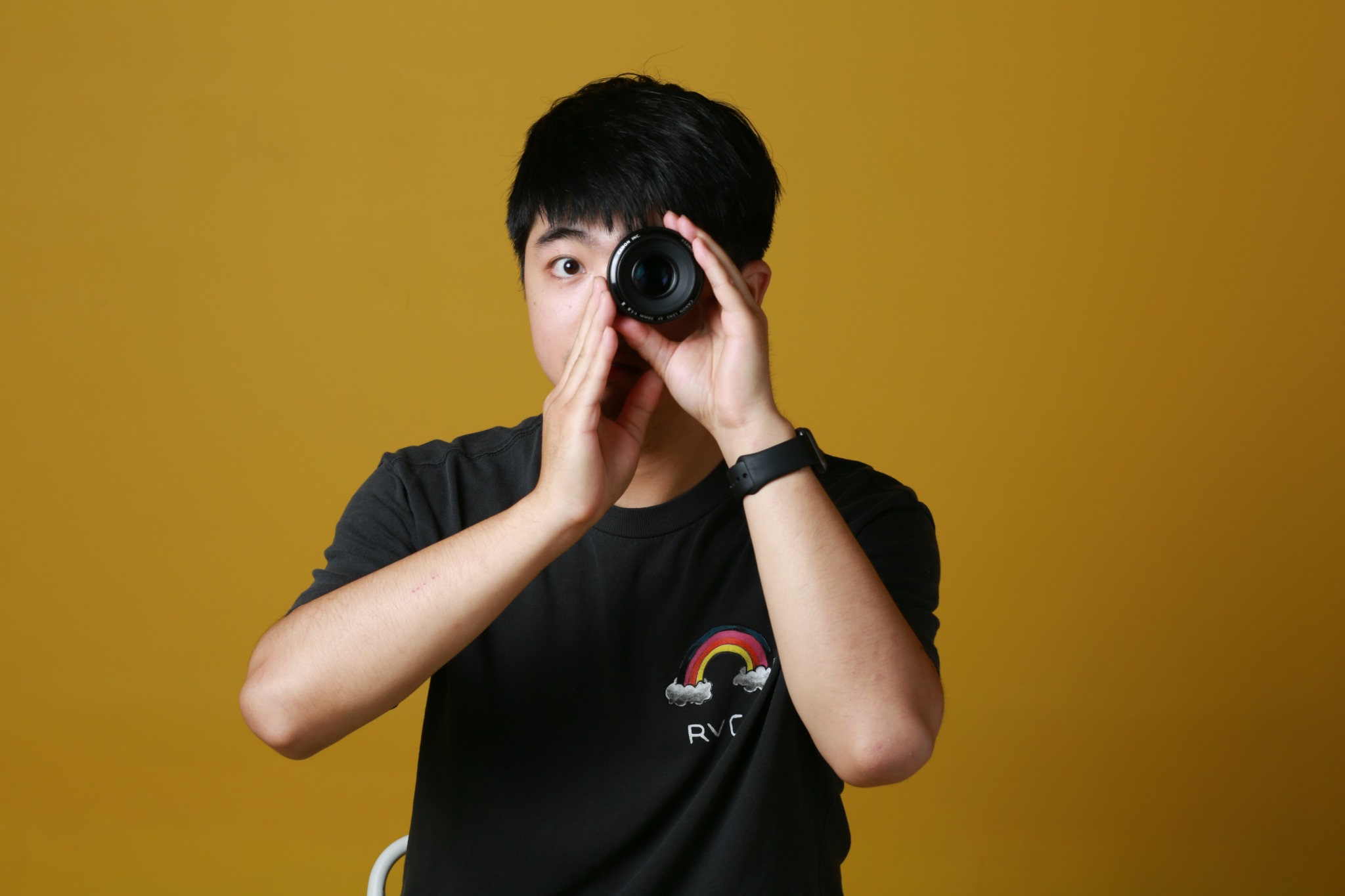We recently connected with Weiyang Li and have shared our conversation below.
Weiyang, thanks for joining us, excited to have you contributing your stories and insights. What’s been the most meaningful project you’ve worked on?
The most meaningful project for me will always be the first short film I wrote and directed in 2015, A Comedy Invisible Man. It was my first year in Los Angeles, where I’d come from China to pursue my dream of becoming a filmmaker.
The film centers on a clown grappling with his own pain, trying to make others laugh while struggling to hide his wounds. It was born from a deeply personal place. At that time, I often felt misunderstood and isolated—caught between cultural differences, language barriers, and the universal challenge of truly being understood. The film was selected for the 19th Dances with Films Festival and screened at the TCL Chinese Theater. For a young filmmaker to see my own work on the silver screen in the heart of Hollywood was beyond encouraging.
Years later, in 2023, after working for six years as a director and editor, this short film opened doors I never expected. Its unique, daring style caught the attention of the writer and producer of Become the Idol, Crazy Beach, a feature-length vertical series for a mobile streaming platform called Sereal+. That collaboration led to five more feature-length vertical series over the next year, connecting me with talented artists I’m lucky to work with today.
Looking back, that student project captured something essential. Back then, I was fearless—I didn’t worry about the audience or the market. My mind went wherever it wanted to go. Over time, as my experience grew, so did my caution and the tendency to second-guess myself. I started to worry about how my work would be received.
That film reminds me that the seeds of courage and personal storytelling were always there. Now, my goal is to strip away the hesitations and reconnect with that fearless, intuitive spirit I once had at the beginning of this journey.
No project will ever hold more meaning for me than that first one.
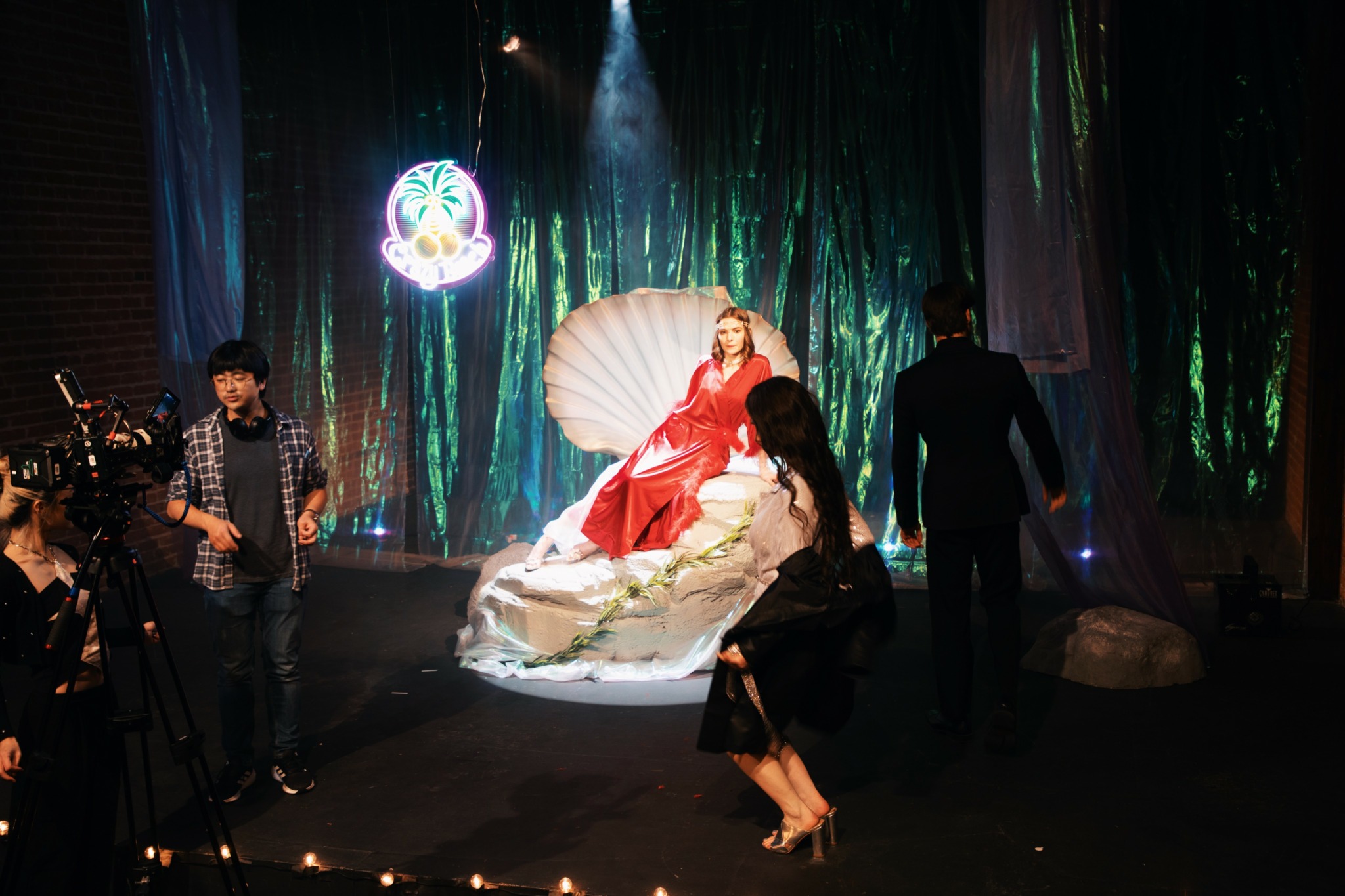
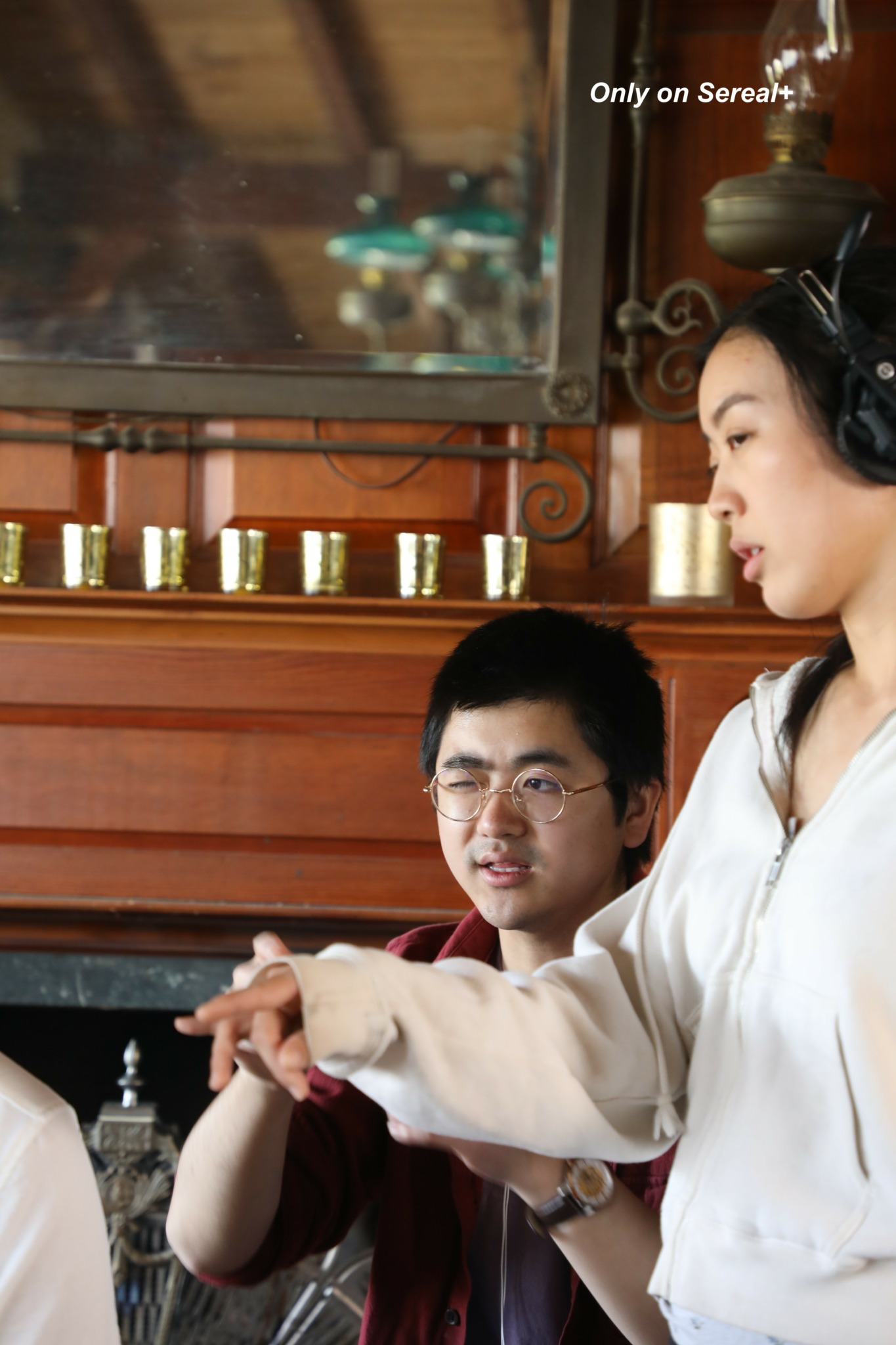
Weiyang, love having you share your insights with us. Before we ask you more questions, maybe you can take a moment to introduce yourself to our readers who might have missed our earlier conversations?
From a young age, I loved storytelling, bringing laughter and tears to family and friends through my own performances. I wanted to study acting in college, but coming from a family where my father was a doctor and my mother a pharmacist, pursuing an artistic career seemed like a leap. They supported my passion enough to let me study Television Journalism in Beijing, where I discovered my love for directing. Working in my college theater club, I acted, directed, and learned how deeply I could lose myself in bringing stories to life. I also studied the art of television documentary, learning how cameras could reveal human stories in profound ways. These experiences led me to decide to come to Hollywood to study filmmaking, hoping to get close to genre films that could immerse audiences in daydreams.
After graduating from Loyola Marymount University with a degree in film and video production, I stayed in Los Angeles, driven by the dream of becoming a professional filmmaker. I am especially grateful for the professors who guided me during my time there; their wisdom, passion and support shaped the filmmaker I’ve become.
I started my career as a film editor, working on four feature films and many shorts, collaborating closely with independent directors. Through the conversations about storytelling and craft I had with them, I came to realization that I was ready to step into the director’s role myself.
In 2021, I was offered my first professional directing opportunity—a 56-episode narrative mini-series to promote a mobile game. I hadn’t directed since film school, and I was unsure if I could meet the demands of such a large project. Part of me felt afraid to take it on, questioning whether I was ready. But I realized that if I let the fear win, the opportunity might not come again. So, I pushed myself to say yes.
I aimed to be thoroughly prepared yet open to suggestions from the cast and crew, reminding myself to stay both ready and flexible. This mindset helped me build close relationships with other artists—connections that became as meaningful as the final product itself. With everyone invested in the process, we created something we could all be proud of. Working as a team taught me as much about trust and personal growth as it did about filmmaking.
In 2023, our industry faced major shifts with the rise of AI, and many projects came to a halt. As vertical series production emerged as a new direction, a producer I’d worked with approached me with a directing opportunity. I agreed, embracing the challenge of this unique format. For me, adapting to new forms is part of the artist’s journey, and it’s the creativity of the people involved that defines any art form.
Over the next year, I directed five feature-length vertical series, exploring musical, crime, thriller, fantasy, romance, and comedy—the genres I love and the reason I came to Hollywood. I studied classic films to adapt traditional techniques for the vertical format, making each project engaging, dramatic, and immersive. I can confidently say that my cast, crew, and I had an incredible time creating these series, and we’re all proud of what we accomplished together.
Beyond genre filmmaking, I also see myself as an actor’s director. My filmmaking passion began with acting, so I understand how sensitive and vulnerable actors must be to bring characters to life. My goal is to ensure that, even in complex, dramatic stories, the motivations and emotions are grounded in real, relatable experiences. I believe that when performances feel honest, everything else—lighting, composition, art design—aligns to create magic on screen.
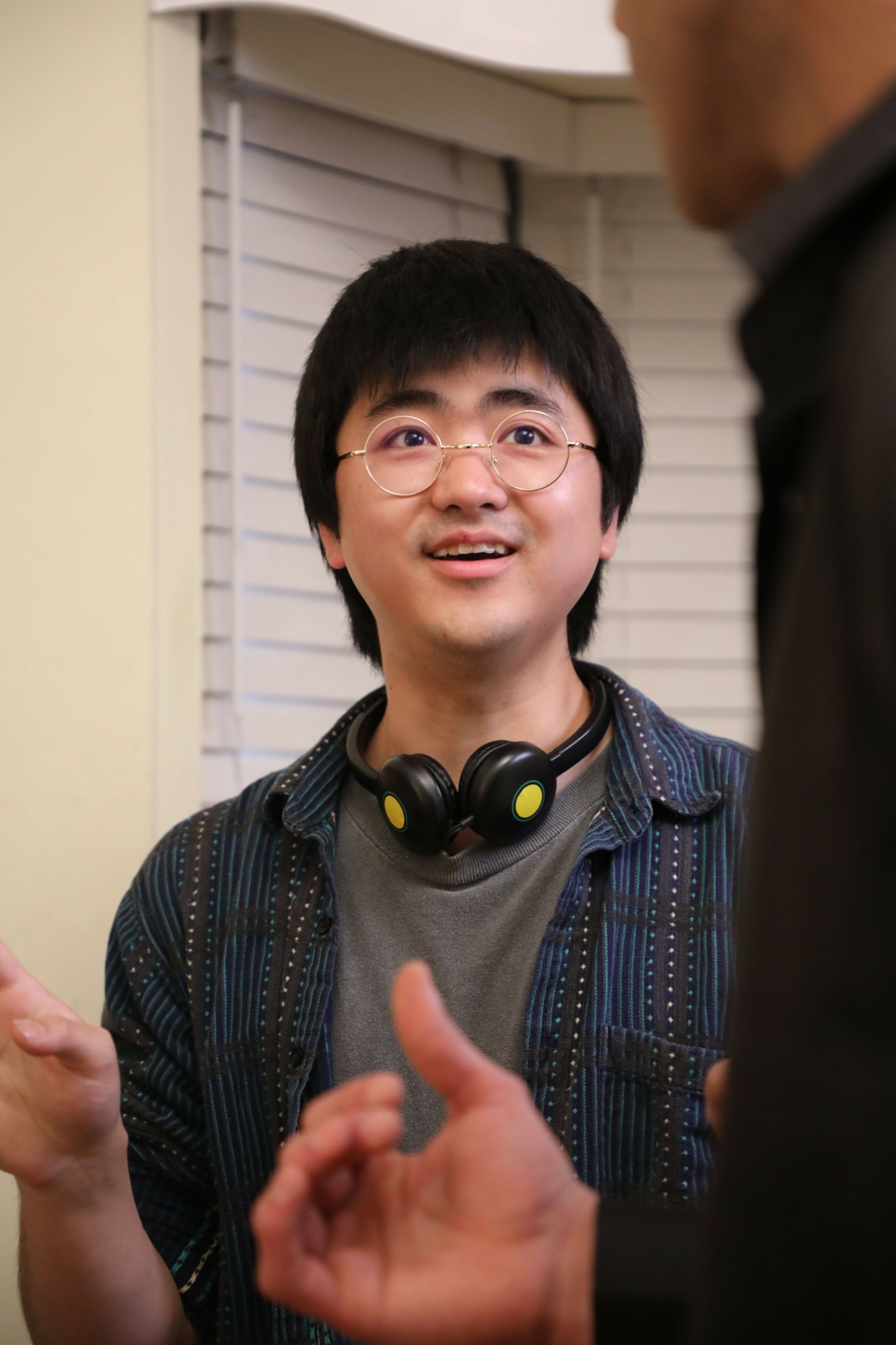
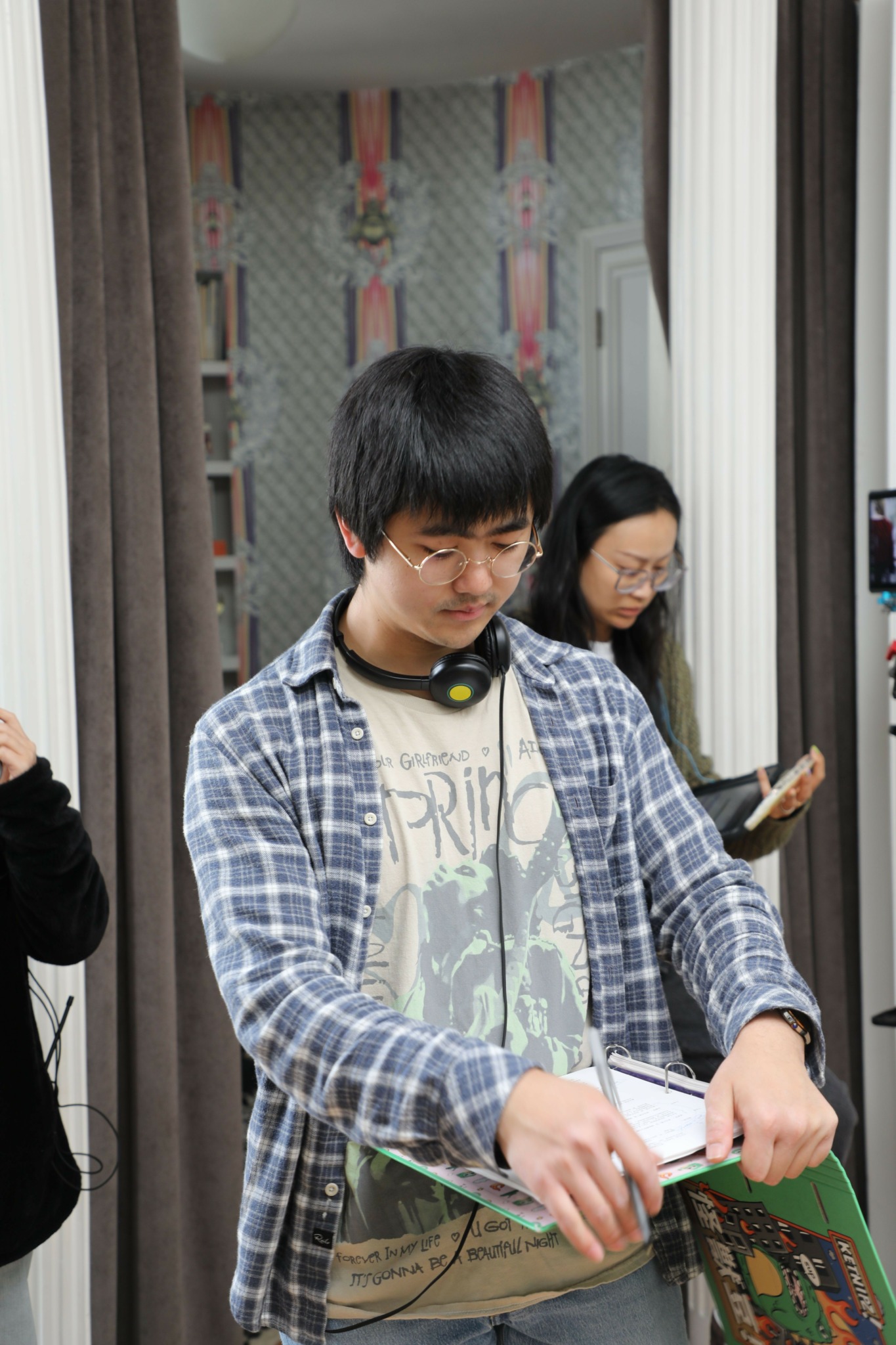
For you, what’s the most rewarding aspect of being a creative?
For me, the most rewarding part of being a filmmaker is the gift of making a living from what I truly love.
Every day on set, every hour editing, is work, yes—but it’s work rooted in passion. There are times when clients’ demands or market trends feel overwhelming, but those challenges melt away in the moments that matter most: when my collaborators and I lose ourselves in the story, the characters, and the world we’re building together.
It’s in these moments that we forget our own troubles, focusing instead on how a shaft of light captures a character’s unspoken emotion, which props bring their world to life, the way they move, or that spark in their eyes. These moments of pure connection—to each other and to the audience who resonates with our work—are the soul of what we do.
They’re the fuel that drives me, pushing me to keep creating, keep sharing, and to never, ever stop.
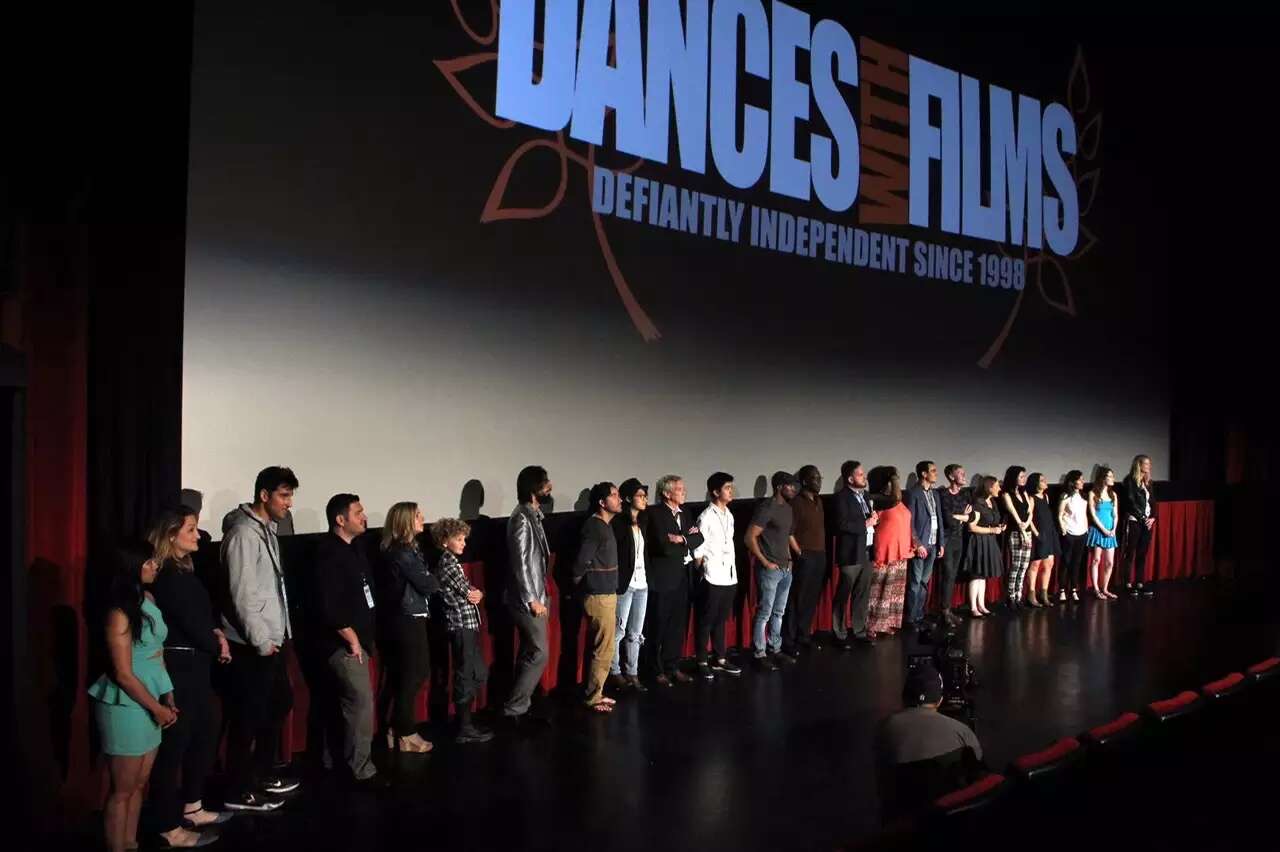
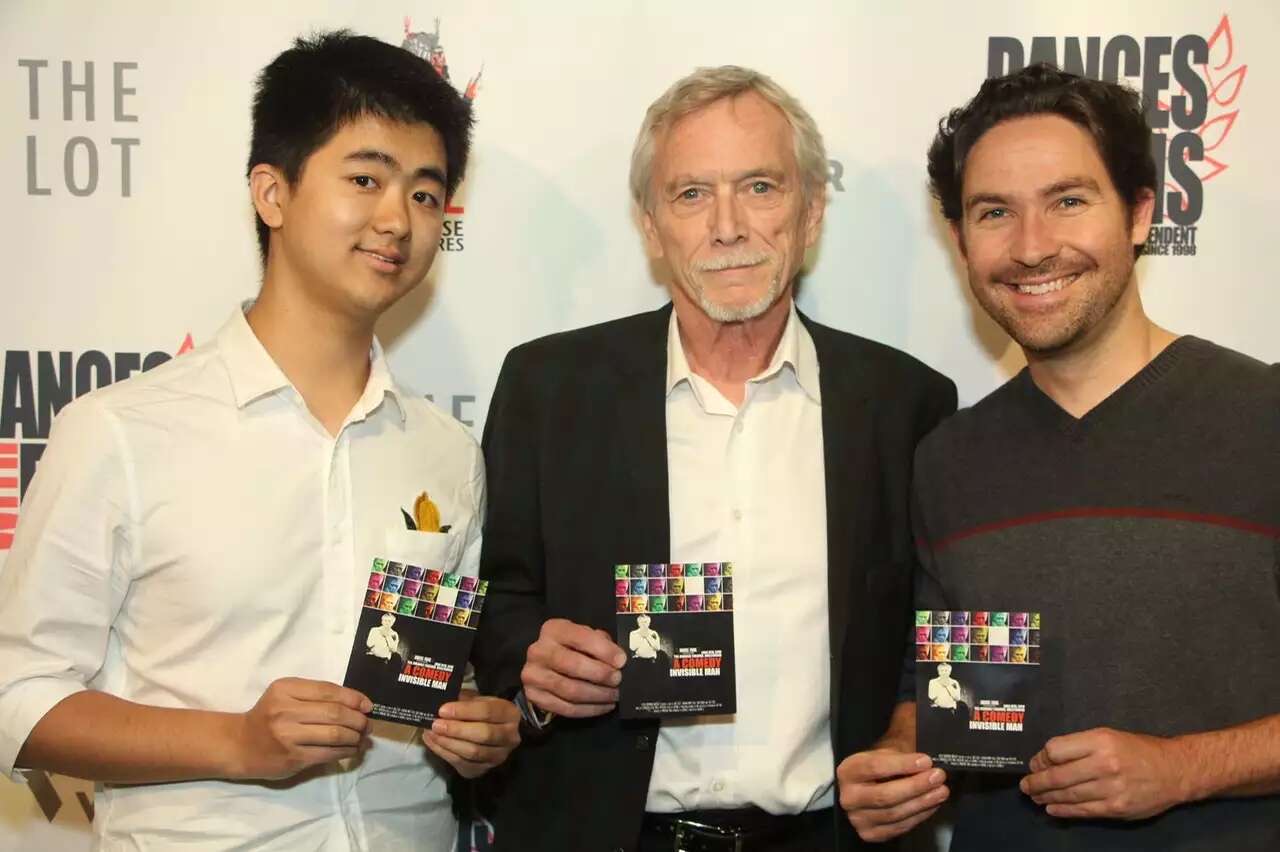
In your view, what can society to do to best support artists, creatives and a thriving creative ecosystem?
The industry today often pushes for quicker turnarounds, larger profits, and lower budgets, leaving artists with limited resources to create meaningful work. But for a healthy, lasting creative ecosystem, we need to prioritize the well-being and sustainability of the artists themselves, so they can make a living and continue contributing their voices to the industry.
When artists feel secure and valued, they’re able to fully devote themselves to their craft. This is when we see works of real depth, stories that resonate with audiences on a human level rather than simply chasing trends.
Society can support this by advocating for fair compensation, proper working conditions, and grants or programs that provide a safety net for artists, especially when taking creative risks. The support we give to artists now directly impacts the kinds of stories and connections we’ll see on screens and stages in the future.
Contact Info:
- Website: https://www.weiyangliflim.com
- Instagram: weiyangli_film
